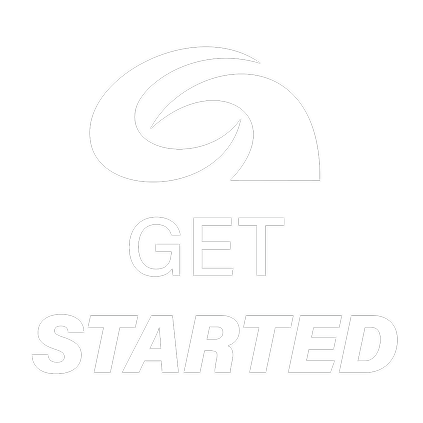Due prior to registration: Prerequisites: Candidates must obtain a reading score of 11 on the Core Academic Skills Assessment (CASA). High school diploma or high school equivalency diploma/HSED. A health assessment/physical examination, Basic 5 Panel drug screening, Hepatitis B, T-dap, MMR, Varicella, and TB test. The physical exam, drug screening, and all proof of immunizations/vaccinations must be performed no sooner than two months before the first date of the class.
Due prior to the first day of class: A criminal background check must be completed and will be the financial responsibility of the student. Students will be presented with more information and will initiate their background check on orientation/first day of class.
Payment may be made with a credit card at that time. The report must be received within 30 days of the first day of class. Students failing to provide a clear criminal background check may not be eligible for the program’s clinical/internship portion.
Medical assistants are highly-trained individuals who perform various administrative and clinical duties in primary care and specialty physician practices, urgent care centers, and other healthcare facilities. Clinical duties can include obtaining medical histories, recording vital signs, and assisting the physician during exams, injections, venipuncture, and ECGs.
Students completing all course requirements will be eligible to sit for the National Healthcareer Association (NHA) Certified Clinical Medical Assistant and Phlebotomy Technician certification exams. The American Heart Association BLS for Health Care Professionals certification is also provided during the program. The cost of these exams and certifications is included in the program cost.
The program consists of 14 modules:
Module 1: Computer Applications for the Medical Office
Module 2: Medical Terminology
Module 3: Vital Signs
Module 4: Medical Assisting 1 (Communications, Patient Interview, History, Exam)
Module 5: Medical Assisting 2 (Infection Control, Microbiology, Orientation to theLab, Collecting, Processing and Testing, Blood and Urine Specimens)
Module 6: Professional Office Procedures
Module 7: Medical Assisting 3 (Pharmacology, Medication Administration, Injections)
Module 8: Anatomy and Physiology
Module 9: Medical Assisting 4 (Electrocardiography)
Module 10: Cardiopulmonary Resuscitation (American Heart Association BLS-AED)
Module 11: Billing and Coding
Module 12: Electronic Medical Records
Module 13: Skills Competency Review
Module 14: Credential Exam Review
College Pathways: Upon credential attainment, you may be eligible for up to 17 college credits toward an Atlantic Cape Health Science degree.
Student Responsibility: Students are responsible for purchasing the following items for use during their training program: white sneakers that are closed-toe and do not have any openings or cutouts of any kind; clogs are not acceptable, and headphones or earbuds for use during computer lab sessions.
Notes: Students are required to achieve a minimum number of sticks during the Phlebotomy module. Under supervision, students practice Phlebotomy blood draws on fellow students.
MEDA-151 (548 hours: 231 classroom hours, 317 online)
Cost: $6,599 (Tuition: $5,477, Materials: $1,087, Campus Safety Fee: $25,
Registration Fee: $10)
Section AW01: Worthington Atlantic City Campus
Mondays and Wednesdays, beginning June 29 (ends March 31, 2027), 6-9 p.m.
Clinical: Days and hours vary. Clinical placement is not guaranteed.
Registration due two weeks prior to class start date.
Still have questions? Contact us at workforce@atlanticcape.edu or 609.343.5655

